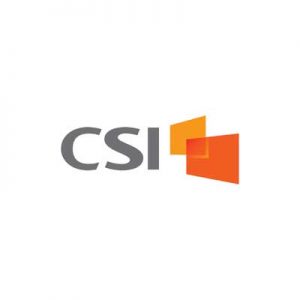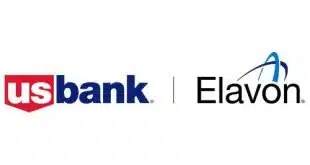

Today’s technology empowers organizations to engage a global pool of customers. But this digital reach is often accompanied by increased scrutiny to ensure your organization remains compliant with the latest sanctions regulations. As regulators prioritize sanctions compliance, those who negate this responsibility are unnecessarily setting themselves on a potential collision course with regulatory agencies.
To find out more about compliance initiatives and perceived obstacles, CSI surveyed 224 compliance leaders, representing organizations of all sizes (less than $250 million up to more than $5 billion in revenue) and a variety of industries, including financial services, healthcare, technology, business services, non-profits and more. The survey findings were used to create the 2020 Sanctions Compliance Report, a roadmap for compliance in the digital age.
CSI’s 2020 Sanctions Compliance Report reveals that those on the receiving end of scrutiny from regulatory agencies are frequently frustrated by obstacles hindering their compliance efforts, and they’re demanding solutions to streamline processes.
According to survey respondents, the biggest hindrances to sanctions compliance include dealing with false positives, reliance on manual or inadequate screening and lack of resources. For many organizations, these hindrances compound one another, with inadequate automated screening contributing to unnecessary, resource-wasting and time-consuming false positives. Furthermore, most respondents (55 percent) plan to increase spending on compliance initiatives this year.
Because of the dynamic nature of national and international sanctions, it can be extremely difficult for U.S. organizations to keep track of sanctions and ensure compliance. Since sanctions are a governmental tool used to deal with international problems, many businesses fail to connect them directly to their organizations, especially those that conduct most of their business within the U.S.
But sanctions are not limited to FinCEN-defined financial institutions and can include a variety of international organizations and small local firms. As global connectivity continues to increase, so does the risk of sanctions violations.
A reliable sanctions compliance program (SCP) is needed to protect the interconnected interests of your organization, the U.S. government and our financial system. That’s why OFAC recommends a risk-based approach to sanctions compliance using a formal SCP that includes five key elements: management commitment, risk assessment, internal controls, testing and auditing and training.
Whether you have a formal SCP in place or your organization is looking to implement a program, the latest technology advancements offer viable ways to maximize every dollar spent on sanctions compliance. These advancements include automated screening using artificial intelligence, complete list access allowing your organization to screen against continuously updated denied party and risk-based lists, disqualification tools to weed out false positives and more. Because of evolving U.S. economic and trade sanctions, an effective SCP should also easily adjust to changes.
In CSI’s 2020 Sanctions Compliance Report, you’ll find a resource-maximizing roadmap that will help your organization navigate sanctions screening by identifying the key components to a successful and effective SCP to bolster your overall compliance. Download your copy of the report for more insight on sanctions compliance challenges and recommendations.




